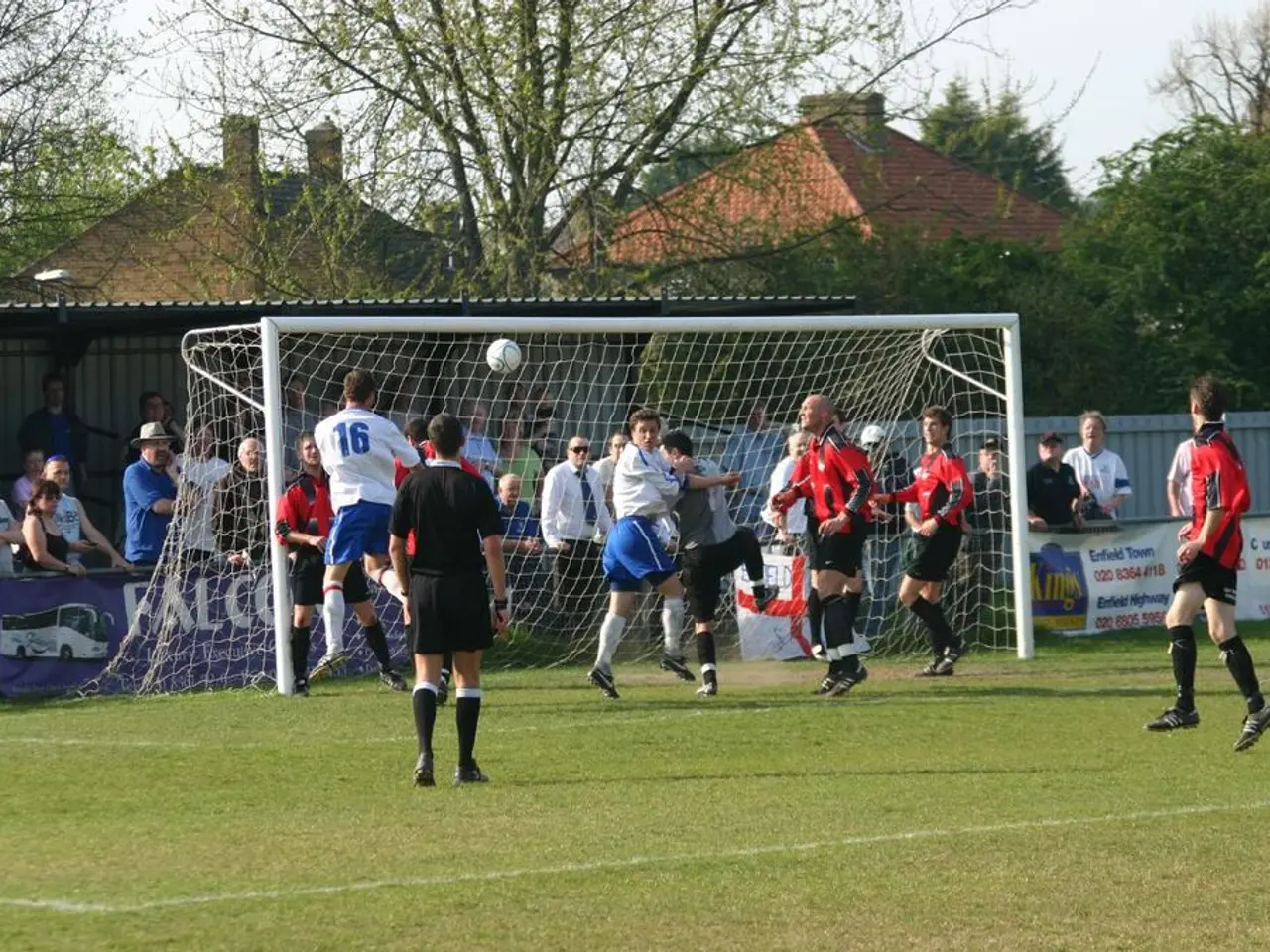Advocacy group aims to prohibit promotional activities of mobile sports betting on a nationwide scale
The National Consumers League (NCL) has released a report revealing that sports betting companies are using push notifications on mobile apps to aggressively advertise their services, often urging users to place bets and promoting bonuses. This practice, according to the NCL, contravenes the content restrictions proposed in federal legislation, such as the SAFE Bet Act that the NCL endorses.
In the report, the NCL shows that 93% of push notifications from major apps like FanDuel, DraftKings, and BetMGM contain advertising content. Furthermore, 62% of these notifications explicitly urge users to place bets, and 50% include promotional offers like bonuses. These practices, the NCL argues, would be largely prohibited by the SAFE Bet Act currently before Congress.
The NCL also flagged concerns about user consent, as apps like FanDuel automatically enable notifications upon download without explicit user consent. This practice, the NCL suggests, is at odds with typical expectations and arguably with regulations emphasizing clear consumer permission and transparency in marketing practices.
Moreover, the report states that none of the apps tested allowed users to disable advertising notifications via iPhone native settings, raising further regulatory concerns.
The SAFE Bet Act aims to regulate sports betting advertisements by banning or restricting promotions that encourage immediate gambling, particularly intrusive methods like aggressive push notifications. However, the NCL's report highlights how current industry practices outpace these regulatory guidelines.
In response, the NCL is urging the Federal Trade Commission to investigate the aggressive use of push notifications for marketing, which may violate the federal ban on unfair and deceptive acts or practices. The NCL is also endorsing three legislative proposals to better protect the public, including the Regulating Addictive Notifications Act in the New York State Senate, which proposes a ban on push notifications or text messages for the solicitation of sports wagers.
Additionally, the NCL is advocating for a ban on sports betting advertising, specifically the use of push notifications for this purpose. In New Jersey, for example, A5207 in the General Assembly proposes a ban on advertising sports betting via the Internet, including mobile apps.
The NCL's full report on sports betting companies' use of push notifications can be found here, and a blog post outlining how the FTC should consider these advertisements can be found here. The report is based on a collection of over 100 notifications.
The SAFE Bet Act in Congress proposes a ban on sports betting ads containing promotions, a ban on the use of AI to create individual offers or promotions, and significant restrictions on advertising hours. However, the NCL's findings suggest that the industry is not adhering to these guidelines, and stricter controls, including outright bans on such advertising, may be necessary to minimize harms associated with gambling, such as addiction and impulsive betting.
Sports-betting companies are using push notifications on mobile apps to aggressively advertise their services, often encouraging users to place bets and offering promotional bonuses. This practice, according to the National Consumers League (NCL), contravenes the content restrictions proposed in the SAFE Bet Act. The NCL is advocating for a ban on sports-betting advertising, particularly the use of push notifications for this purpose, such as the proposal in New Jersey's A5207 in the General Assembly.





